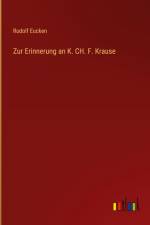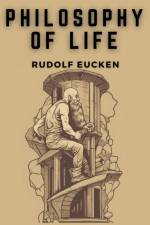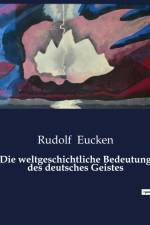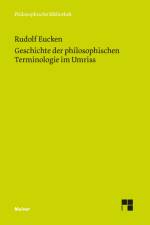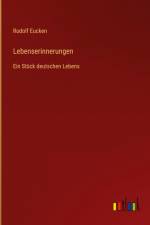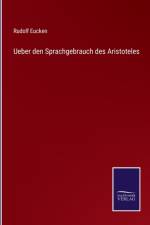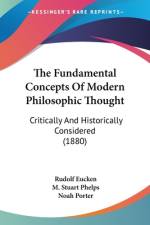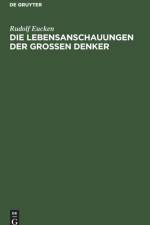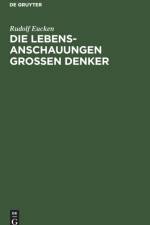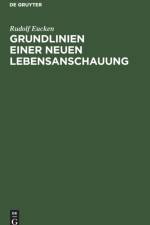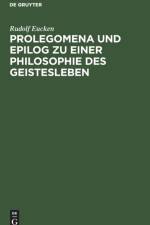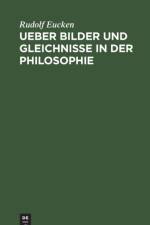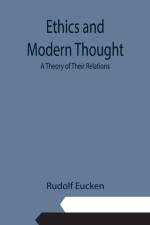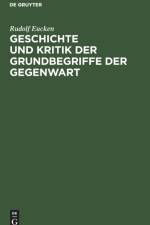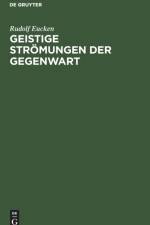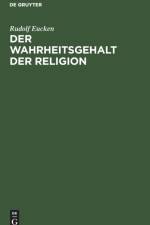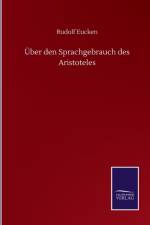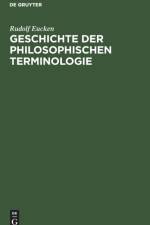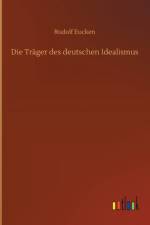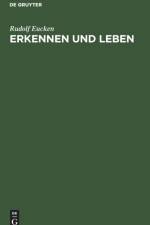von Rudolf Eucken
22,00 €
With the consent of the author the title "Life's Basis and Life's Ideal" has been adopted for this translation of "Die Grundlinien einer neuen Lebensanschauung," with the hope that thereby the purpose of the work will be more directly indicated than by a literal translation of the German title. It is hoped, further, that the title adopted will make an appeal to the general reading public. To make such an appeal is not the desire of every writer on philosophical subjects: but in the present instance it is the case. The author feels that he has a message for the present time, and one that is vital to the true interests of all. It has been remarked, and the present writer would be among the first to acknowledge the truth of the statement, that the voice is that of a prophet in the sense of an ethical teacher, rather than that of a philosopher in the more technical sense. Nevertheless, the use of a philosophical terminology, and the constant implicit reference to the results of philosophical endeavour in the past and present, combined with the peculiarities of the author's own views, make it difficult to understand his message. To non-philosophical readers who are not already acquainted with the more popular works which have been translated under the titles of "Christianity and the New Idealism," "The Life of the Spirit," and "The Meaning and Value of Life," the present work will appear of considerable difficulty. Difficulty in such a work is, however, by no means necessarily an evil, for it may compel more careful reading and thought. The present work is the latest and best general statement, by the author, of his philosophical position. By some reference here to certain ideas, principles, and aims of the philosophy, the attention of the reader may be drawn to those aspects which, in personal contact with the author, one comes to feel are regarded by him as of most importance. It is not invariably so, but in this case to know the man is to gain immensely in the power to understand and appreciate the message. He inspires us with his confidence and enthusiasm, even when we have doubts as to the adequacy of his philosophical creed. His philosophy is, indeed, the outcome of an attitude of life. To know the man is to understand more fully than from all his written works what he means when he speaks of the development of personality and spiritual individuality. Whatever may be the value of what is written about Professor Eucken's position, no substitute can be found for reading his own words in as many of his different expositions as possible.

